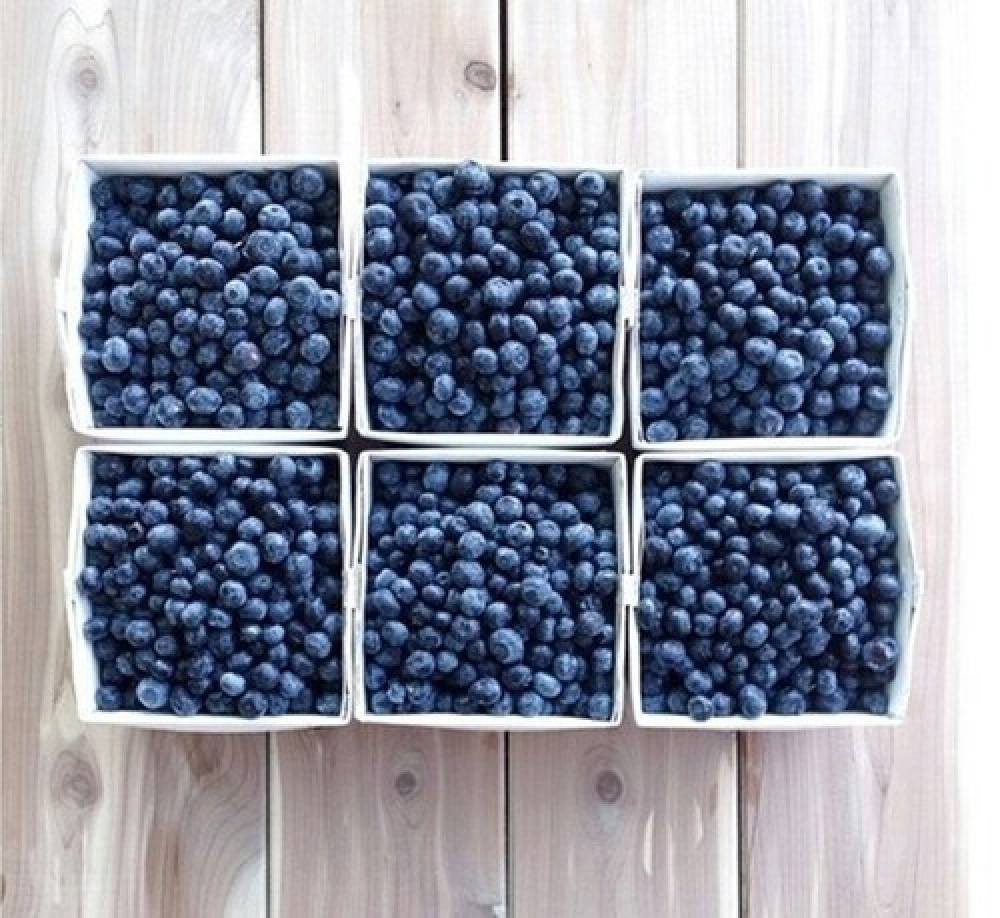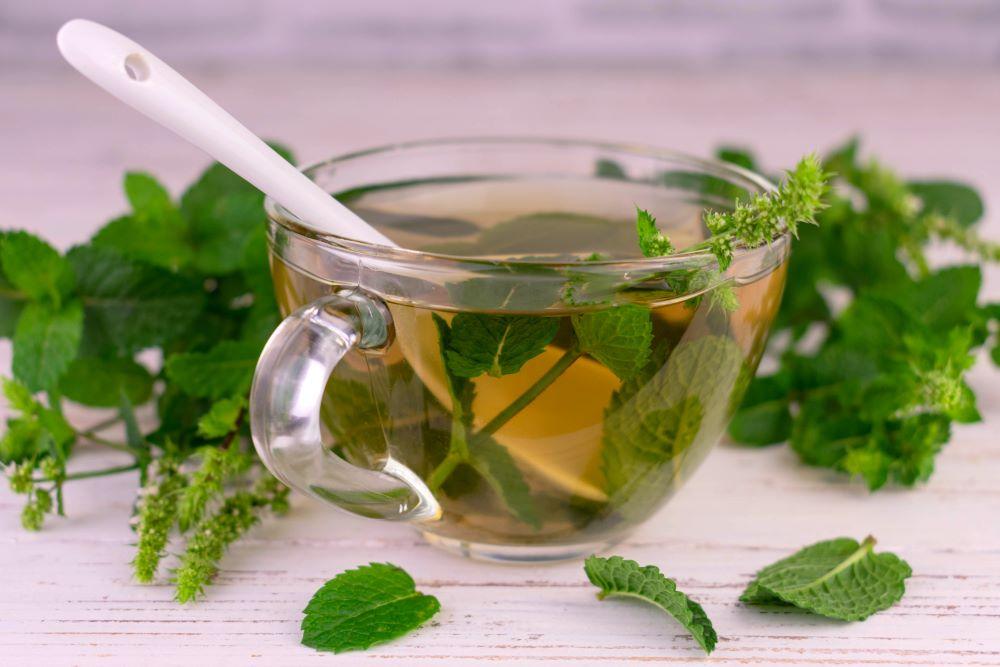Feeling sleep deprived and yawning at your desk? Follow these tips on how to transform your body into a fatigue-fighting machine.
Snacks that rev you up
It’s 3 p.m., and you’re nodding off. What to do? Try a glass of waterfirst, experts say, because fatigue can be a sign of dehydration. If that doesn’t work, fuel up on one of these high-energy snacks:
- Oatmeal: Its fiber keeps you full until dinner.
- Celery: Top it with a little peanut butter, and you’ve got a pick-me-up for pennies.
- Dark chocolate: Just a couple of bites may increase blood flow to the brain.
Perk up your a.m. coffee
A big splash of nonfat milk turns your morning java into a protein drink, giving you more stamina and a bone boost. Try the Starbucks Grande Skinny Cinnamon Dolce Latte, a 130-calorie treat with 12 grams of pro-tein and 40 percent of your daily calcium.
Ready, set, revive!
You can increase your energy level 20% just by doing a low-intensity exercise like walking, according to a recent University of Georgia study. Researchers think such light workouts stimulate your body and mind, decreasing fatigue by 65%.
Wear this to lift your spirits
Heidi Klum, Kristin Davis, and Jenna Fischer have all been spotted wearing Energy Muse, a jewelry line made of gemstones, crystals, and Chinese coins. Why? The ancients believed those items would bring health, motivation, and prosperity—and who are we to argue? To brighten up the dark days of winter, try the Sun Bracelet with citrine, yellow jasper, and tiger’s-eye stones. You can make it yourself.
Get more zip with Zen
Meditation and gentle yoga do more than just relax you. Reducing stress with these simple Eastern practices is a surprisingly useful way to make you feel more alert and active, according to studies.
Fight Cellulite Fast With Yoga
Great yoga moves to help reduce the formation of cellulite.
10 Foods That Boost Concentration
Ready to hit the sheets once the clock strikes 3PM? We’ve all been there.
Sure, that morning brew guarantees a much-needed jolt to kick off any day of the week, but it seems like one giant mug alone can’t fight off drowsiness for hours on end. And if you’re struggling to stay alert, it may be time to start thinking about what you’ve been putting into your body lately.
“What you don’t reach for is as important as what you do,” says New York City-based nutritionist Cindy Moustafa. “Energy drinks are often loaded with sugar and way more caffeine than coffee, which can cause jitters and heart racing. Even if it says sugar-free, it’s loaded with chemicals and it’s in no way beneficial to your health…I would advise staying away from them as much as possible.”
Sadly, there is no quick fix for staying focused during the day, aside from the no-brainer (hint: getting sufficient zzzs at night), but fortunately, there are healthy foods that can optimize your concentration and increase energy levels.
If you’re in dire need of boosting your productivity during the day, check out these 10 foods that will deliver results:
Oatmeal
They say breakfast is the most important meal of the day, and with good reason. Not only does it give you the first boost of energy to start your day, but studies have also shown breakfast eaters are at lower risk for obesity, hypertension and diabetes, in comparison to those who prefer to skip it.
While it might be tempting to savor sugary cereal or a doughnut, it’s crucial to start your day on the right note so you can stay focused, fight hunger, and avoid packing on the pounds easily. Experts recommend eating oatmeal, which is low in calories and will help you feel fuller longer. To jazz up your meal, load up on fresh fruit for a touch of sweetness or cinnamon for some spice.
Dark Chocolate
Need to perk up in the AM? Enjoy some feel-good dark cocoa rather than coffee. “Dark chocolate boosts serotonin and endorphin levels, which are associated with greater concentration,” says Natalie Stephens, clinical dietician at The Ohio State University Wexner Medical Center. “It’s also a source of antioxidants, vitamins, and minerals, such as potassium, copper, and magnesium, which can work with a healthy diet to control blood pressure. It’s also lower in fat and sugar than milk or white chocolate, which is better for diabetics and really anyone interested in cutting back on sugar intake.”
A 2013 study even concluded that those who drank two cups of cocoa every day for a month had improved blood flow to the brain, performing better on memory tests. But just like with any treat, be mindful of the calorie count and always aim for the highest quality. Experts say one square of dark chocolate during the afternoon slump should be sufficient.
Water
Seriously, sometimes all you really need is a glass of refreshing water to kick off the day, especially if you had a rough night. “Thirst and dehydration can cause fatigue,” says Moustafa. “If you reach for a cup of coffee or an energy drink, it will actually dehydrate you further, causing you to feel worse later. So before you do anything, drink a tall 10-ounce glass of water. Squeeze some fresh lemon in it for a little extra kick.”
Blueberries
Not only are blueberries wonderfully tasty and rich in antioxidants, but they’ve also been said to be a memory booster. A 2010 report published by the Journal of Agricultural and Food Chemistry revealed those who drank blueberry juice every day for two months significantly improved their performance on learning and memory tests. Whenever those snack cravings kick in, consider enjoying some fresh, ripe blueberries over sugary sweets any day.
Salmon
“Salmon is a concentrated source of omega-3 fatty acids, which help rebuild brain cells, slow cognitive decline, and also strengthen the synapses in your brain related to memory,” says professional health coach Lori Shemek. “The protein in salmon contains amino acids, which are essential for keeping your brain focused and sharp. Look to add salmon where you can to maximize your brain power.”
Need to jazz up your eggs for breakfast? Shemek recommends pairing them with some salmon for a satisfying meal to start your day.
Green Tea
If you’re feeling drained by mid-day, think twice before grabbing that extra cup of coffee. With those extra sugar additions, it can easily rack up your calorie intake during the day and cause unnecessary jitters. Also, too much consumption of caffeine can cause headaches, which will only hurt your concentration. While green tea has always been hailed as a coffee alternative, no two brands are created equal. Some may have less caffeine than a regular cup of coffee, which can actually be a good thing.
“Green tea does contain a more modest amount of caffeine balanced by the amino acid theanine,” says celebrity nutritionist JJ Virgin. “Studies show theanine improves mental alertness and focus. If you need that afternoon pick-me-up, green tea is your ticket.”
Beets
“This dark red root may be the new kid on the block for promoting better memory, focused concentration and overall cognition,” says Shemek. “Beets contain nitrates that can dilate blood vessels, increase blood flow and oxygen to the brain, thereby improving mental performance. Add beets to salads, roast them or add to juices for optimal brain health.”
Bananas
If you’re in a hurry, make sure to grab a banana to consume while on the go. Not only are they sweet and delish, but they can also help boost your concentration. A 2008 study found that students who ate the golden fruit before an exam actually did better than those who didn’t. Bananas highlight potassium, an essential mineral crucial for keeping your brain, nerves, and heart in tip-top shape.
Spinach
You could have crunchy, nutritious kale as a salad for lunch, but if you’re looking to change things up, consider trying another dark leafy green whenever the mood strikes. Spinach is known as brain food and there’s a reason why.
“Spinach is loaded with lutein, folate, and beta-carotene,” Florida-based dietitian Tara Gidus tells Real Simple. “These nutrients have been linked with preventing dementia. I know neurologists who recommend eating spinach at least three times a week.”
Eggs
You may be tempted to ditch the yolk when preparing eggs, but some experts actually insist on keeping it. “Whole eggs, yolk included, are a dense source of the omega-3 fatty acid DHA,” says Shemek. “Research has shown that adequate omega-3 intake has a favorable effect upon memory and mood. Eggs also contain choline, a compound that can help maintain healthy brain cell membranes.” To save time, Shemek recommends boiling a batch of eggs for the week ahead to have them on hand.






